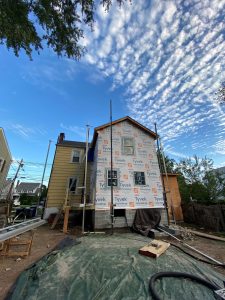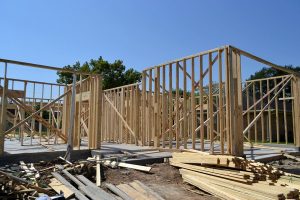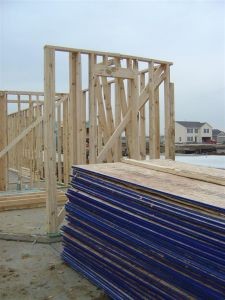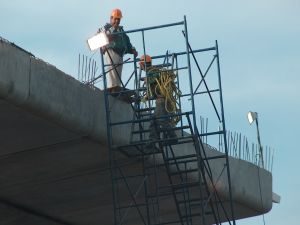New Jersey Construction Law Decision Explains How Consumer Fraud Act Balances Protections for Homeowners and Legitimate Contractors
The New Jersey Consumer Fraud Act and home improvement practices regulations presented a dilemma – they provide valuable tools protecting homeowners from unscrupulous home improvement contractors by awarding them triple damages and attorneys fees when successful, but risk imposing drastic penalties on legitimate contractors who miss some of their more technical requirements. However, as the Appellate Division recently explained in the case of Philip Dattolo v. EMC Squared LLC and Edward T. Morgan, the requirement that a homeowner must prove ascertainable damages which result from the consumer fraud violations goes a long way toward resolving this conflict.
ascertainable damages which result from the consumer fraud violations goes a long way toward resolving this conflict.
Background
The facts of the case are these. Dattolo contracted with EMC Squared LLC to construct a single-family home in Boonton, New Jersey in October 2018. EMC was solely owned by Edward Morgan. In March 2019, EMC offered a list of extras, and Dattolo accepted some. EMC created a written change order but it was never signed. In January 2020, Mogan told Dattolo that EMC was unable to continue. He told Dattolo that the project received final inspections. He gave Dattolo a final bill with credit for the unfinished work. Dattolo refused to pay, asserting many construction defects existed which would cause him considerable expense to correct.
 New Jersey Lawyers Blog
New Jersey Lawyers Blog



 the project, such as the engineer or the architect. Owners may also make these claims against architects and engineers directly. A trial judge in the
the project, such as the engineer or the architect. Owners may also make these claims against architects and engineers directly. A trial judge in the 
 the New Jersey
the New Jersey  seeking to get paid for their work.
seeking to get paid for their work. litigation process, but still provide an enforceable dispute resolution process.
litigation process, but still provide an enforceable dispute resolution process. agreed to and then not get paid, despite the fact that they met all the project’s specifications and did a great job. It is a well-founded worry. Companies or people who don’t want to pay devise many different schemes, sometimes claiming defects with the work, delay damages, failure to do proper paperwork, the excuses are as varied as is human imagination. To be clear, sometimes these claims are legitimate, but sometimes they are not, and good contractors need to get paid to do the work and to stay in business.
agreed to and then not get paid, despite the fact that they met all the project’s specifications and did a great job. It is a well-founded worry. Companies or people who don’t want to pay devise many different schemes, sometimes claiming defects with the work, delay damages, failure to do proper paperwork, the excuses are as varied as is human imagination. To be clear, sometimes these claims are legitimate, but sometimes they are not, and good contractors need to get paid to do the work and to stay in business.